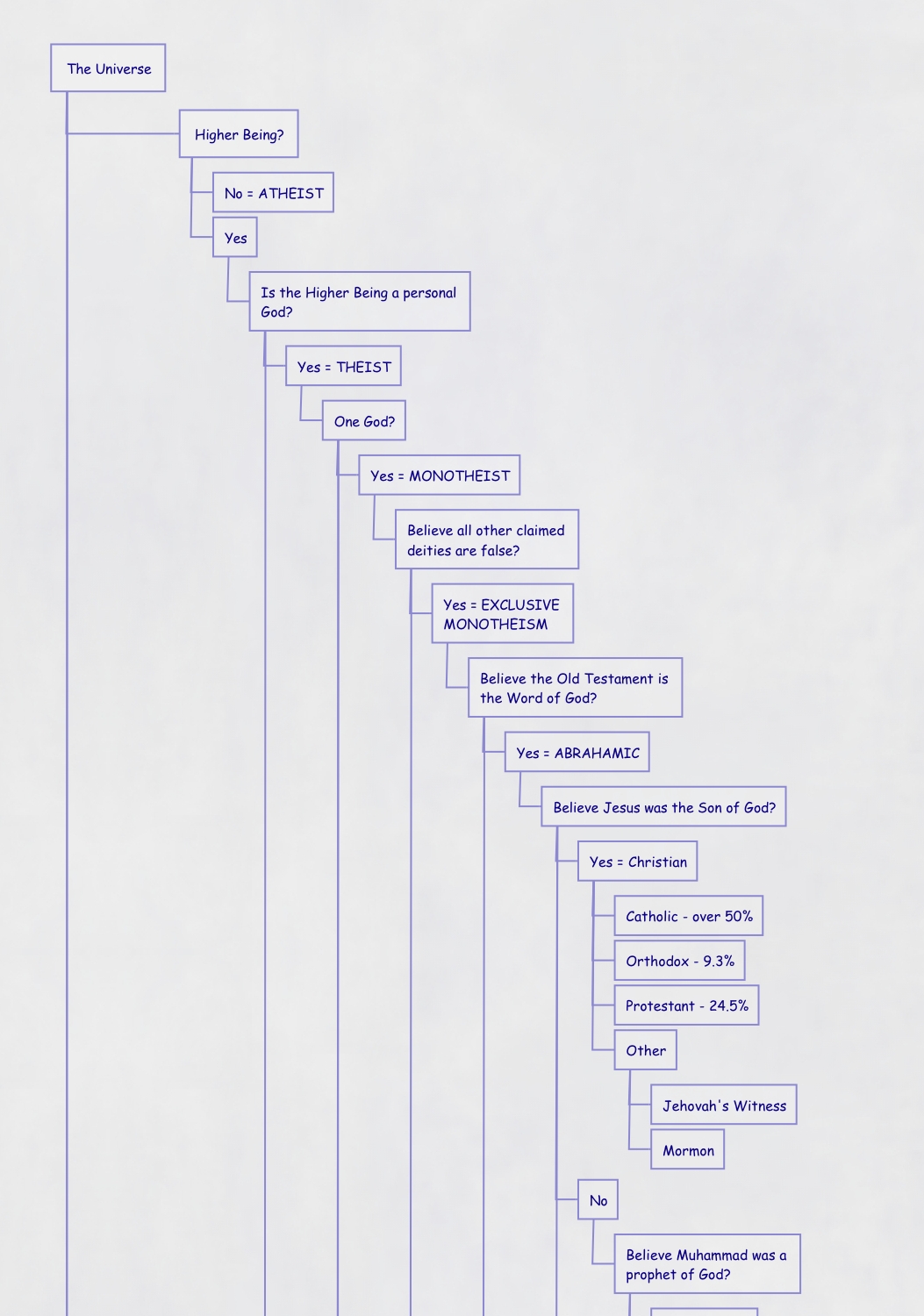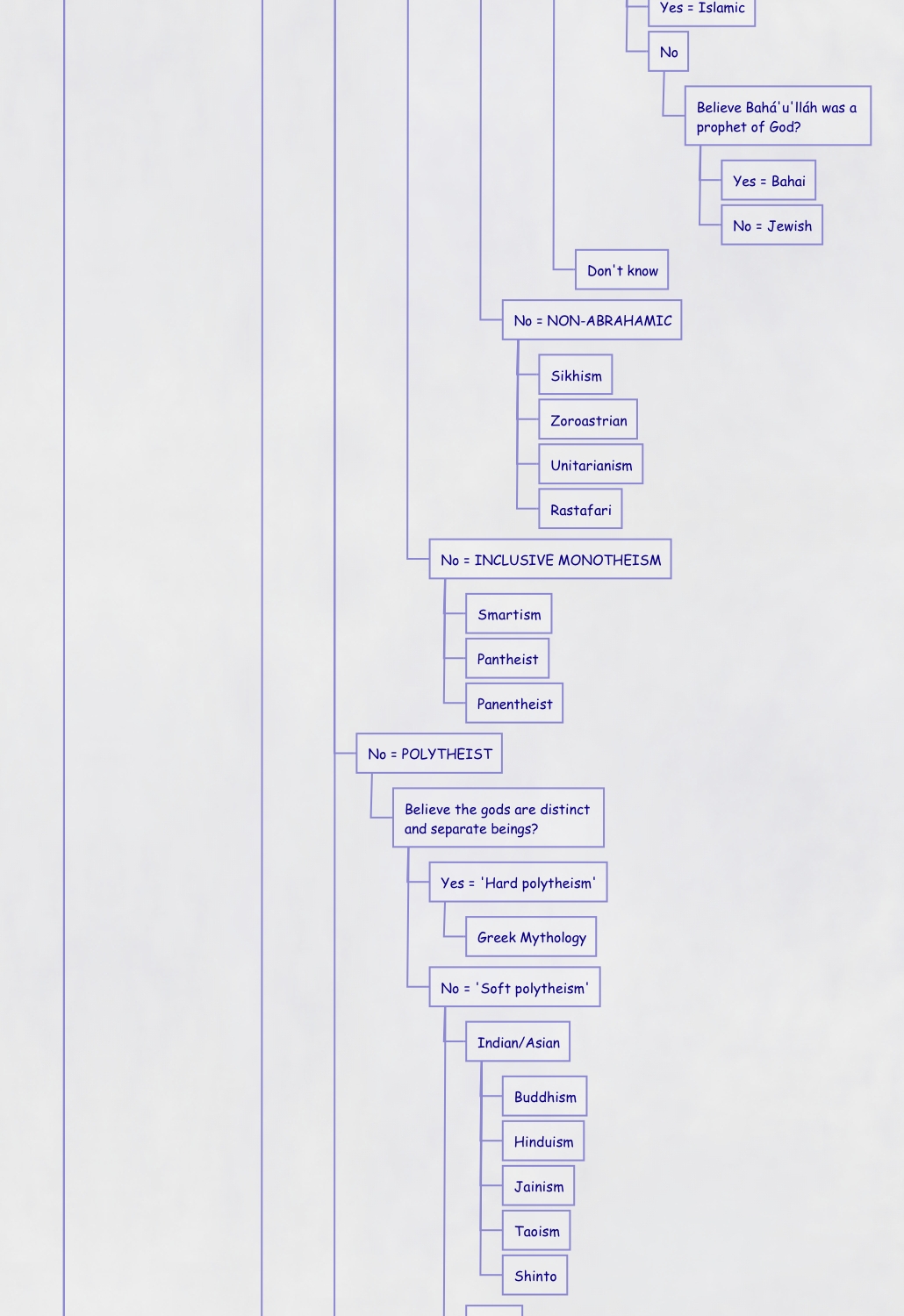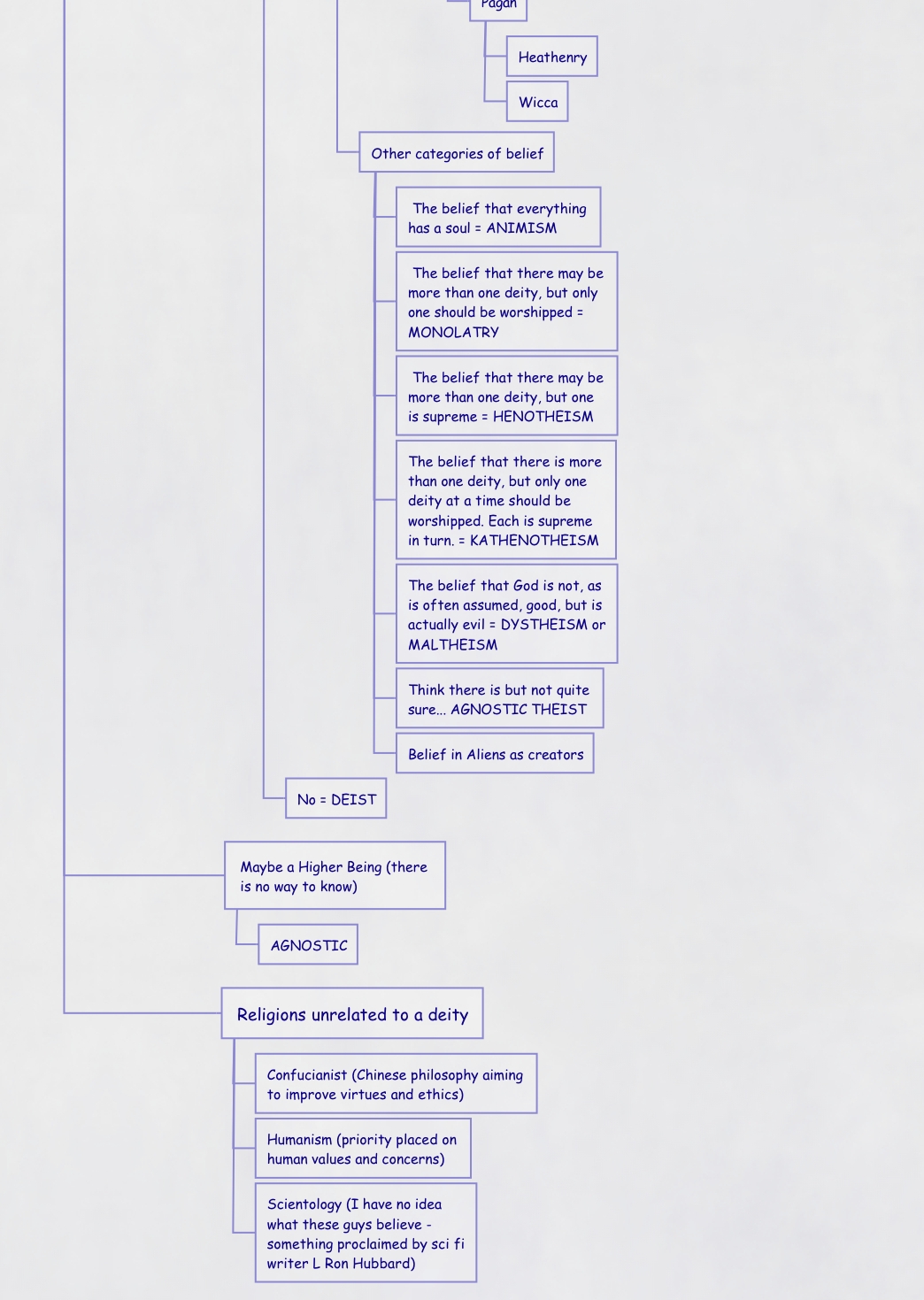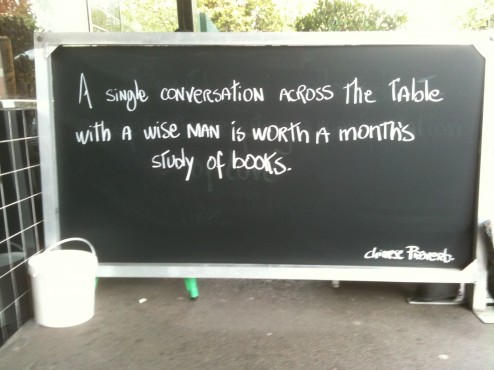
Plato (428-347BC) is known for putting words in other people’s mouths – into dialectical scenarios where each of the characters take turns expressing an opinion, for example in Symposium they speak of love. (See entry: Homoerotic Platonic Eulogies to Love) Following what Heraclitus, Parmenides, and Zeno said about it yesturday, today I wish to explore Plato’s theories on the universe, specifically on the relationship between being and change. And playing with Plato’s style, I will do this through dialogue.
I love Three Minute Philosophy!!! Maybe watch this first:
[youtube]http://www.youtube.com/watch?v=q34MHpBu0Oo[/youtube]
“So Plato, dear friend, does our world exist in a state of change, or a state of permanence?”
“Well Juliet,” (let’s just assume he miraculously speaks English) “the problem of being and change is essentially the same as the problem of one and many. It’s not a problem – both exist at the same time.”
“But how can two opposites exist at one time?”
“Well, you see, our everyday experience is made up of more than meets the eye.”
“I understand my eyes can’t see everything, and that there are sounds I can’t hear, simply because they haven’t evolved for me to do so. Is that what you are talking about?”
“Well not really, I don’t know much about Darwin – he was born long after I finished my footnotes. But let me tell you about my ideas. I think reality is made up of two parts, Form – which is an idea, or the essence of an object; and Matter – the individuality, or sense-driven manifestation of it.”
“Ah, you kinda lost me there Plato. Can you explain this Form and Matter in a way I might understand?”
“Like the mirror image seen in a pool of water and the object itself – which is real? Men are only men because of other men. They are defined as such because of what it means to contain the essence of a man.”
“Or woman, you should say. These days we respect women too.”
“Ha ha, yes, times have changed. Oh how I miss the boys… I’m getting distracted. Speaking of time. You see, Juliet, the universe can be divided into the temporal and the nontemporal.”
“So there’s forms and matter, temporal and non temporal? I this really is confusing.”
“Well yes, it would be for you my dear.”
“Thanks Plato, arrogant ***. I’m almost there. Keep going.”
“It all depends where you are observing the universe from. Surely you have heard my analogy of the cave. It’s very famous these days, so they say.”
“Who says?”
“Never mind. But it is, isn’t it?”
“Yes. And I get it, I think I do anyway. Some people are stuck in the cave, only observing shadows and thinking the shadows are real. Even when people tell them there’s a whole bigger reality out there, the people in the cave don’t want to know about it.”
“Well, I guess you could use it for that interpretation. There are many ways you can read my work. That was completely intentional, although sometimes people get it very wrong. And in the translation process…. oh well. You get it for the most part. But in terms of the temporality of life, my cave analogy allows you to see how the two parts of the universe, temporal and nontemporal, forms and matter, exist at the same time.
For those who only every view the world from inside the cave, there appears to be only one simple temporal world. For others, who observe from outside the cave, there exists a multiplicity of changing realities as well as one ideological permanent Reality. The reality we experience, or the truth we conceive of, in matter, is but a shadow of the Reality or Truth of Forms.”
“Ok, that makes more sense now. You’re a good teacher.”
“Yes, so they say.”
“Arrogant and chauvinistic, but a good teacher, and a good storyteller.”
“Thanks. I think. So you get it now – there’s a world of forms – of ideas – which is real and permanent; and a world of objects – particular expressions – appear and disappear, and constantly change.”
“But don’t ideas change too?”
“Yes but your ideas might change, but in the abstract form the ideas of beauty and justice are fixed like the laws of the universe.”
“You know about Newton’s laws?”
“We did know some of these things before the birth of the scientific method, you do know that don’t you?”
“Ok. Stop making fun of me. Tell me then, how do we get to Truth? How can I know what is true knowledge and what is not? What is a permanent idea and what is opinion?”
“You can’t really know but you can keep talking – you can keep learning more. You can keep mounting one image of an object on top of another, one opinion on top of another, and eventually you’ll grow closer and closer to what you are looking for.”
“I had an epiphany about this at a photoshoot the other day.”
“Ah yes, but you do know it’s all footnotes in my work.”
“Ha ha. Yes, yes it is. Good for you.”
Ok, maybe I got a bit carried away. It was fun putting words in other people’s mouths. I like the idea that Truth is a dialogue between truths. As Prof Emeritus Stuart Rees told me the other day, even more than one’s study, it is in conversation that we learn. It is through conversation that we can, while trapped in the cave of matter, get closer to an understanding of the forms that exist beyond.
References:
[1] J. T. Fraser, The Voices of Time: A Cooperative Survey of Man’s Views of Time as Expressed by the Sciences and by the Humanities (London,: Penguin P., 1968). pp. 10-12.
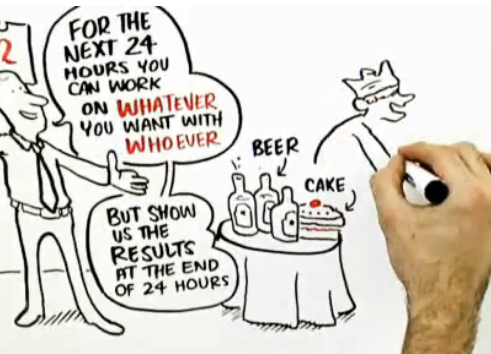






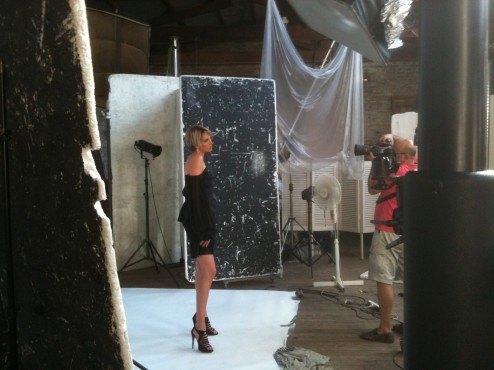 On Monday I did my first fashion shoot for the year. I was modeling my sister’s fashion line (she’s a fashion student at Sydney Tafe) with Gilbert Rossi, an amazing photographer who I’ve remained friends with over the years.
On Monday I did my first fashion shoot for the year. I was modeling my sister’s fashion line (she’s a fashion student at Sydney Tafe) with Gilbert Rossi, an amazing photographer who I’ve remained friends with over the years.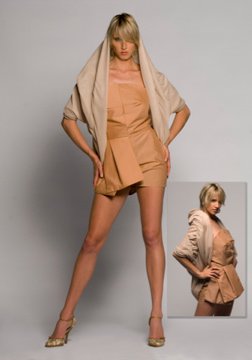
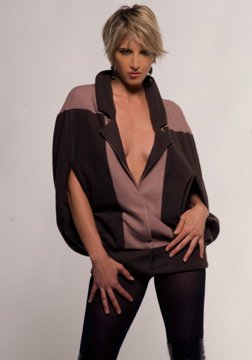
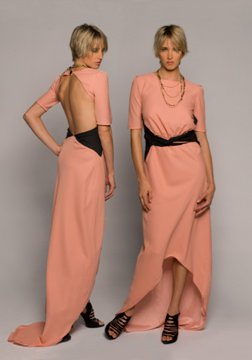
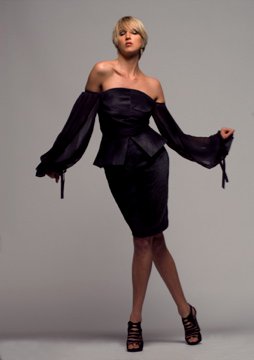
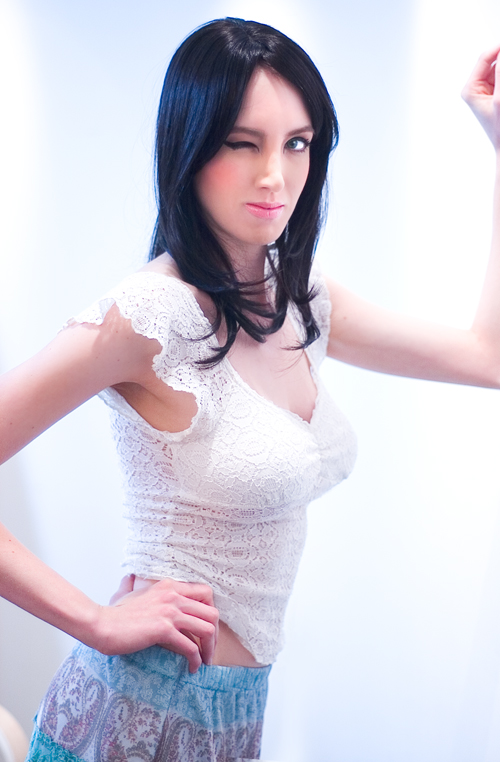
 “Variety’s the very spice of life, That gives it all its flavour,” said the William Cowper, an English poet of the 18th century.
“Variety’s the very spice of life, That gives it all its flavour,” said the William Cowper, an English poet of the 18th century.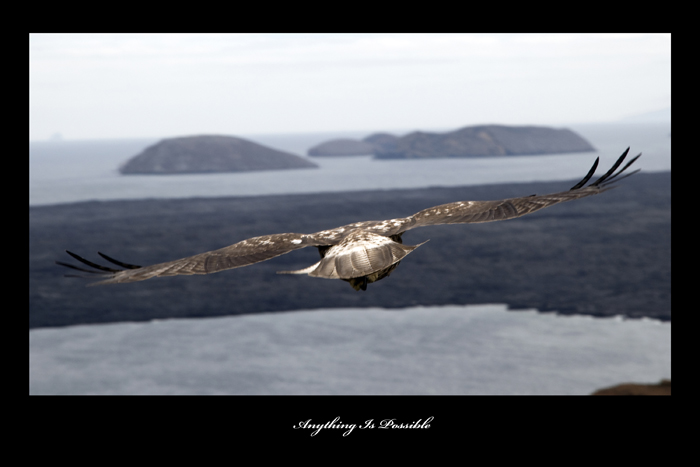
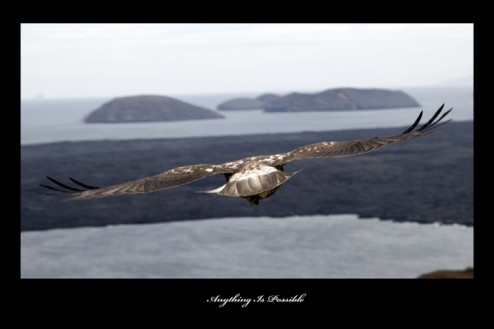 So I’ve been talking about this book for far too long – the travel memoir about South America. I’ve been working on it for too long, editing it for too long, putting my favourite snippets next to my favourite songs in attempt to get back in the head space for too long, and procrastinating the rejection for waaaaay too long. But it’s scary. The idea of friends reading your work is scary enough, let alone professionals whose opinion can make or break you.
So I’ve been talking about this book for far too long – the travel memoir about South America. I’ve been working on it for too long, editing it for too long, putting my favourite snippets next to my favourite songs in attempt to get back in the head space for too long, and procrastinating the rejection for waaaaay too long. But it’s scary. The idea of friends reading your work is scary enough, let alone professionals whose opinion can make or break you.
